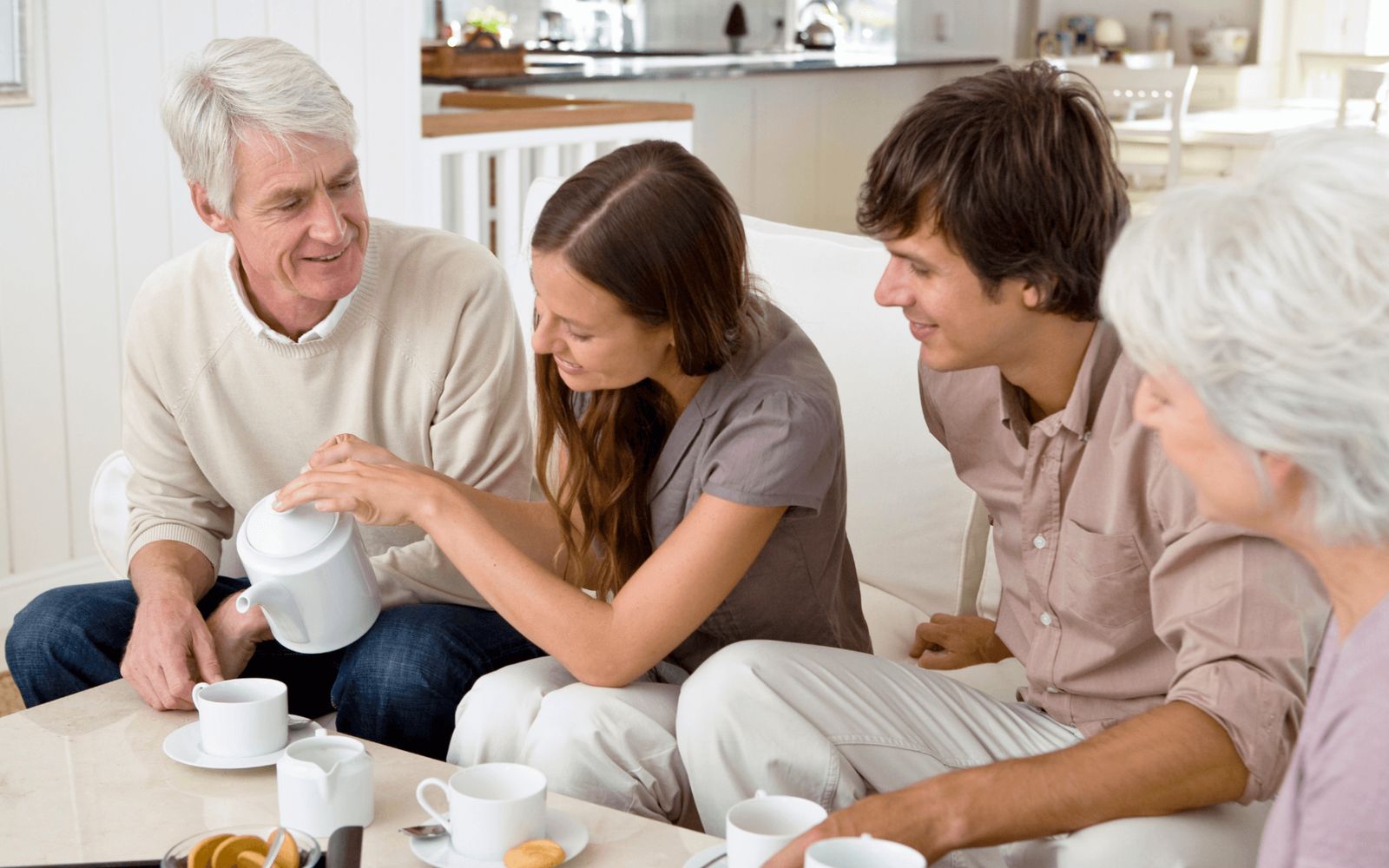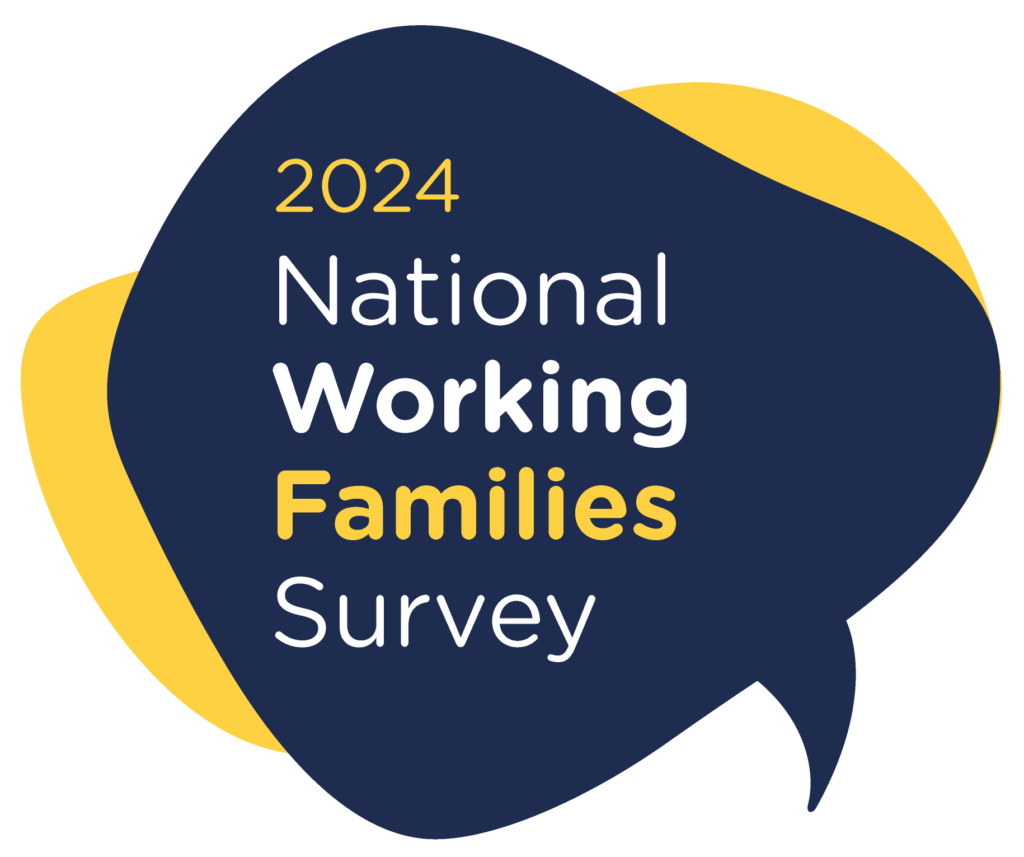From October 10th to 16th Australia celebrates National Carers Week, with this year’s theme being ‘Millions of Reasons to Care’.
In Australia we have approximately 2.65 million carers, and likely more when we consider as many people don’t define themselves as carers, especially if they are looking after a family member. When we add up the number of carers across the country (and the world) we are immediately reminded of the millions of reasons we have to care. Add to that the actual number of people being cared for and you have at least double, perhaps triple – perhaps we could go as far to say we have ‘billions of reasons to care’.
Being a carer can be a very joyful experience however it also presents its challenges. You will most likely have emotional days, days when you feel physically tired, frustrated, sad and exhausted. It is also not uncommon to hear from carers that they often feel lonely, and particularly when they are caring in a home environment with no other person around except themselves and the person they are caring for.
Being a carer is not always an easy task which is why it is so important that carers take the time to look after their own health and wellbeing to ensure they are able to be at their best at work (as well as at home).
Remember the airline analogy – you need to put on the oxygen mask first in an emergency in order to be able assist others.
Looking After Ourselves
As a carer, there are three key areas to attend to when caring for yourself. These include:
- Emotional Health
- Time Management
- Physical and social wellbeing
Below we have put together a list of what you can be doing in each of the three areas to reduce the gap between current reality and where you would like to be with your self care.
Emotional Health
- Acknowledge your emotions and allow a space between feeling them and reacting, so you can choose your response.
- Recognise that experiencing guilt, grief, and resentment is normal. Change or influence what you can, and decide to accept what you can’t (this will take time, be gentle with yourself).
- Know what nourishes you – and make time for it e.g. a walk, a bath, shopping, meditation etc.
- Find a support group or connect with others in a similar situation, it’s important to know you are not alone.
Time Management
- Prioritise prioritising – do an evening list of daily tasks, and revise during the day. Be realistic, accept imperfections. Apply the ‘is anyone dead/seriously injured if we do/don’t do this’ test.
- Have critical conversations with others able to assist to agree on assignments and tasks. As per the previous point, delegate – don’t be a ‘hero’, share the responsibilities and ask for help when you need it.
- Be informed about, and access relevant government and community services. Plan uninterrupted time to do significant chunks of work (paid or unpaid).
- Renegotiate work hours if necessary. Since covid many organisations have excellent flexible work policies that are worth asking your employer about. You could also bring new ideas to your employer.
- Create a shared family/carer calendar showing planned events, holidays and other important times, and incorporate in planning the caring schedule.
- Make sure you take a break when you recognise you need one – ask other carers to assume a greater role whilst you take a couple of days off, or by seeking government supported respite care. Alternatively, you could pay for a carer to come in to relieve you (whether you remain on site or go away).
Physical and Social Wellbeing
- Eat Well. You know what we mean! This includes planning and shopping for meals ahead of time.
- Exercise for 20-30 minutes at least 3 x per week.
- Get a minimum of 7 hours sleep.
- Make time to see friends and family away from the carer environment.
- Invest time in building up a support network (personal and/or professional).
At the end of the day it is up to our carers to care for themselves, and it is up to all of us to remind them of this when it is needed – let’s together realise our ‘millions of reasons to care’.
Further listening and reading
Overcoming the guilt felt as a carer ~ Danielle Robertson, DR Care Solutions.
Covid 19 Advice for Carers ~ Carers Australia Resource.
Listen to ‘Carer of Many’ Sharon Gavioli as she shares her story from burnt out carer to thriving carer.



